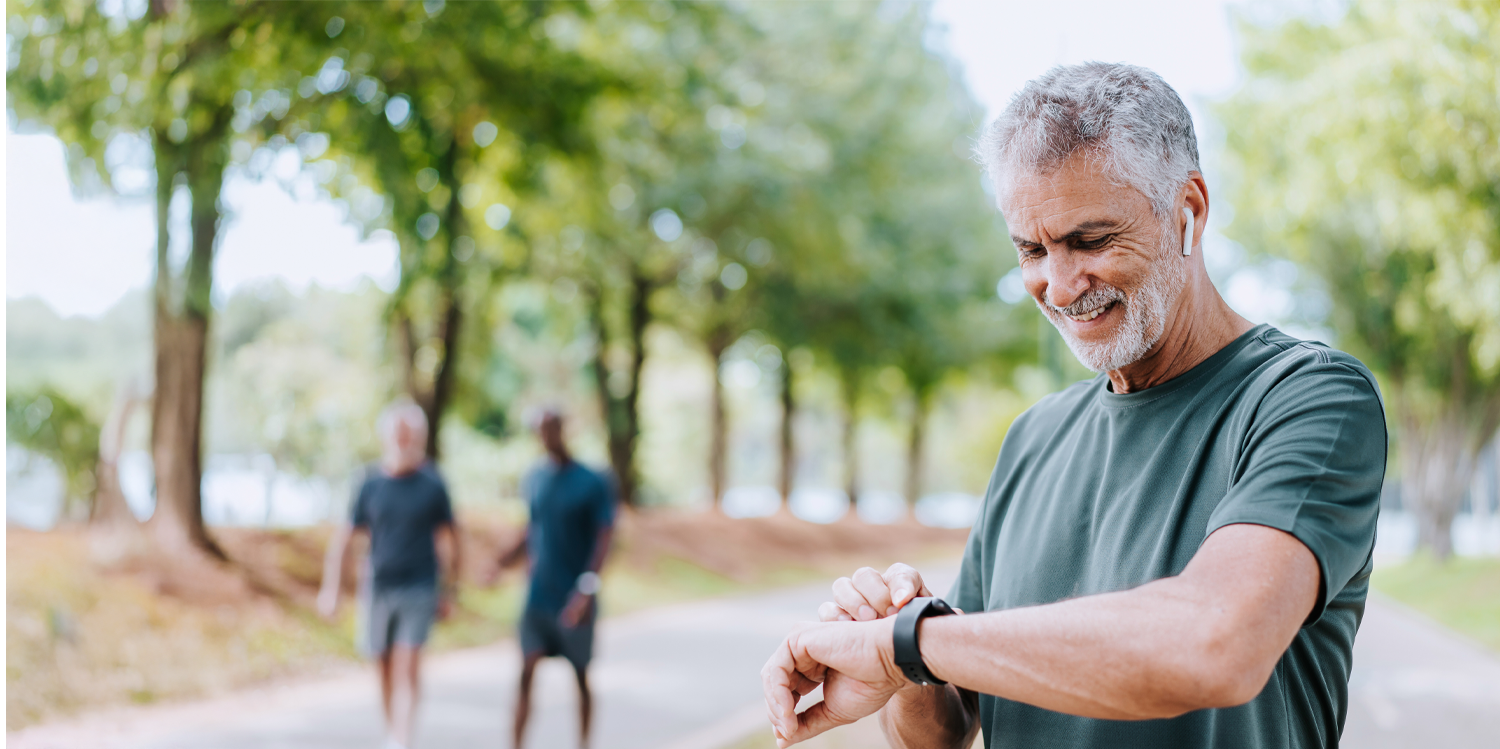Regular exercise can improve erectile function in those diagnosed with prostate cancer, addressing the adverse effect of cancer treatment without the need for medical or surgical intervention, new research shows.
Sexual dysfunction is an adverse effect of prostate cancer treatment and can be a major issue for patients and their partners.
But new ECU research has found regular exercise can help restore sexual function.
Director of ECU’s Exercise Medicine Research Institute Professor Daniel Galvão carried out the research which involved 112 participants taking part in a randomised trial over six months.
He said while erectile dysfunction was a major issue that affects prostate cancer patients and may result in relationship issues, most of these patients are not offered health interventions to support their sexual function.
RELATED: The new treatments changing life after prostate cancer
Prof Galvão found there was a critical window of rehabilitation following cancer treatments, in which patients had the opportunity to address this issue without the need for medical or surgical intervention.
A combination of aerobic and resistance training was done by participants under clinical supervision, three days a week.
Participants took part in six to eight resistance training exercises, with intensity ranging from six to 12 repetitions each session, while the aerobic component involved between 20 to 30 minutes of cardiovascular exercise at moderate to high intensity.
“The study participants were also asked to work out at home to accumulate a total of at least 150 minutes of moderate to high-intensity aerobic exercise per week,” Prof Galvão said.
The research findings showed participants who undertook the physical exercise showed “significantly improved” erectile function compared with usual care.
The effects were more significant for the subgroups who had received radiotherapy and androgen deprivation therapy, compared with those who had undergone a prostatectomy.
“The study suggests that exercise would be an effective intervention for men with prostate cancer who express concern about sexual dysfunction, and that exercise medicine should be considered a key part of their treatment,” Prof Galvão said.
RELATED: Targeted prostate cancer treatment available again in WA
While sexual function improved in those who undertook the regular exercise, their physical fitness also saw significant side effects, including the prevention of body fat weight gain and improvements in muscle strength.
In addition to the exercise interventions, some of the study participants were also equipped with a brief psychosexual education and self-management (PESM) intervention.
These consisted of a range of tools for sexual rehabilitation and education, including reading material on the treatment of erectile dysfunction and audio resources for stress management.
However, the research showed that the brief PESM intervention did not result in any additional improvements.
Want more news, clinicals, features and guest columns delivered straight to you? Subscribe for free to WA’s only independent magazine for medical practitioners.
Want to submit an article? Email editor@mforum.com.au


